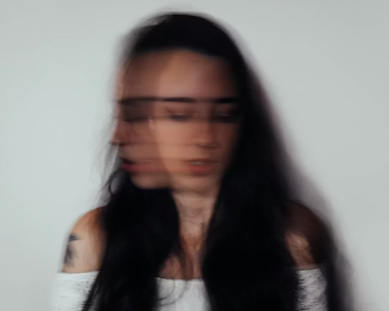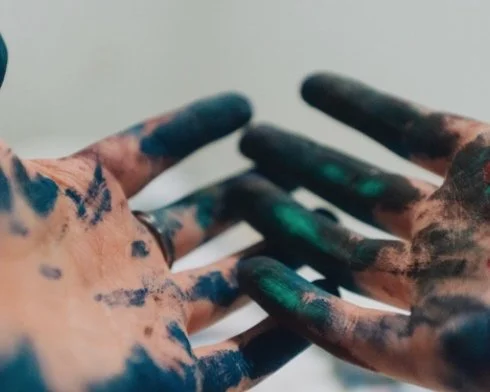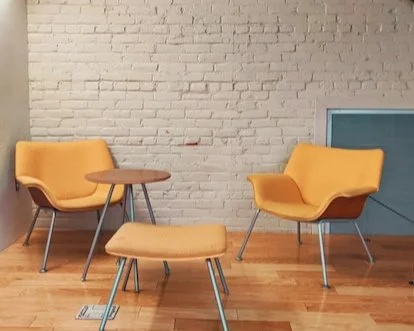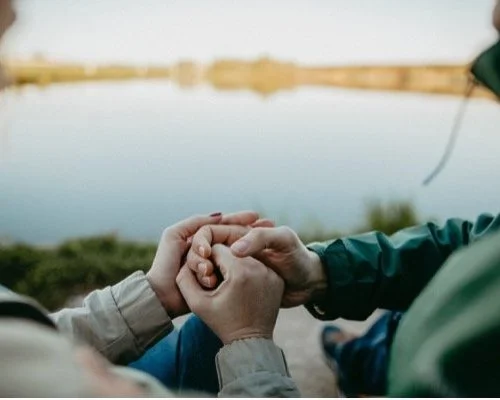Generalized anxiety disorder can interfere with your concentration and decision-making abilities. When anxiety triggers your nervous system and sends you into fight-or-flight mode, it limits your ability to think clearly. You may also notice, unusual forgetfulness, mental exhaustion, even when you have no reason to be tired, struggling to make simple decisions and difficulty completing routine tasks.
Does Exposure Therapy for Anxiety Really Work?
Exposure therapy does, in fact, work for treating anxiety disorders. Research has consistently shown positive results with exposure therapy when applied to: anxiety disorders, OCD, panic disorders, phobias, PTSD. For those who suffer from social anxiety specifically, gradual exposure is a highly effective way to reduce symptoms.
Why Gen-Z Can’t Escape from Anxiety
Gen Z is the first generation to be fully on the other side of the technology burst. They have been constantly connected, resulting in a feeling of being overwhelmed This type of childhood environment has led to a rise in anxiety. Gen Z faces it from many different avenues, and because of this connectivity, has a difficult time escaping it.
Can Ketamine Assisted Psychotherapy Help with Anxiety
Of the mental health conditions that have been studied for effectiveness with ketamine assisted psychotherapy, anxiety has seen promising results. This type of therapy is truly renewing how anxiety is treated and managed. With the use of ketamine, you’re able to alter brain chemistry favorably, leading to faster results.
How Does Hypnosis Relieve Stress?
Hypnosis can be a great way to challenge your mindset and the perspective you hold towards stress. If you identify a particular trigger for stress, undergoing hypnosis can help you target your thought patterns towards that specific item. Replacing negative thinking with a more positive perception can lead to less stress.
How Does Hypnosis Work for Anxiety?
One of the appealing components of hypnotherapy is the ability to access your subconscious. This is the space where your memories are stored, but also your values, beliefs, and the driving force behind patterns of behavior. During the process, you’ll be able to explore the root cause of your anxiety.
Signs You May be Experiencing Existential Anxiety
Existential anxiety is a unique form of psychological distress surrounding the meaning of life and your significance. It can cause a persistent feeling of uneasiness, which can greatly impact your day-to-day functioning. This anxiety can affect people across all cultures and generations. How it affects each person may be slightly different, but many of the symptoms follow a common theme.
What Are Thought Traps and How Do They Keep You Stuck in Anxiety?
What are Art-Based Methods of Anxiety Treatment?
Art-based therapy is an alternative method to treating mental health conditions and psychological disorders. Artistic activities can enhance well-being and foster a state of healing from anxiety and stress. When you tap into creative areas of the brain, it can offer new outlets and pathways to promote healing.
5 Meditation Methods to Manage Anxiety
How the Gestalt Therapy Chair Technique Works for Anxiety
Can anxiety create false memories?
Anxiety and false memories can eventually start to fuel each other. Experiencing anxiety can lead to more frequent memory issues. When you can’t remember certain details, you may find yourself feeling more anxious. Therapy techniques are available to help address feelings of anxiety as well as navigating memory processing. Healthy coping strategies can be established to combat whatever is triggering you and your anxiety.
Am I shy or socially anxious?
Social anxiety is very painful to live with, leaving many people isolated and alone. If you have ever wondered if you are shy or have social anxiety, and aren’t sure what to do about it, you are not alone. Shyness and social anxiety are often mixed up with each other. Shyness is a milder form of social anxiety which can definitely be uncomfortable, but is not disabling.





















